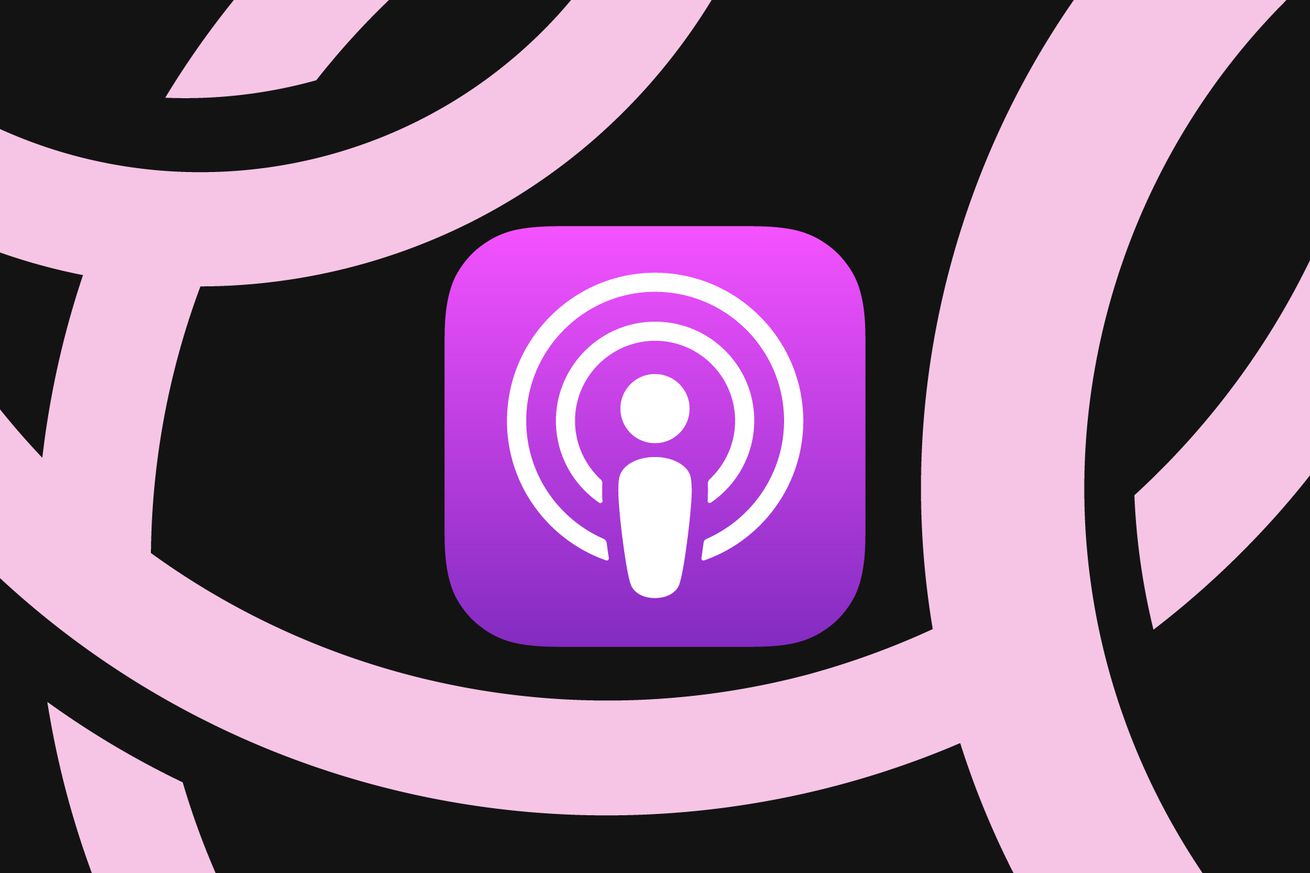
Apple Podcasts now shows creators who’s really paying for their shows
Creators on Apple Podcasts will now be able to find out a lot more about who their most devoted listeners are and where they’re coming from. The company today is launching subscription analytics tools that will show podcasters how many listeners started a free trial, the percentage of those who converted to a paid subscription, what type of plan they’re subscribed to, and geographic breakdowns. While Apple has made analytics on regular listeners available since 2017, this new set of analytics will give podcasters more intel on the subscription side of their business.
Creators can also see the breakdown between annual and monthly subscriptions. At a virtual briefing attended by The Verge, Apple’s global head of podcasts, Ben Cave, said that annual plans were increasingly popular with new subscribers on Apple Podcasts. “Now, over one-third of all new subscribers are choosing annual plans — which is great news for creators because it means they’re getting upfront revenue and increased retention,” Cave said.
Creators can access the new analytics via Apple Podcast Connect, the dashboard for creators. After selecting a subscription from the Analytics tab, users can select either “Overview” or “Trends” to see different breakdowns of their subscription metrics. Under the “Trends” category, creators will be able to view the number of active subscribers, subscription events (i.e., cancellations, activations, and renewals), the number of subscriptions sold over time, and estimated proceeds. The Overview tab displays data on free trial subscriptions, conversions to paid subscriptions, and geographic breakdowns.
When Apple launched in-app podcast subscriptions two years ago, there were more than a few hiccups. Podcasters complained that Apple Podcast Connect had a confusing interface and that the platform was buggy. And then, there was the actual work of creating special content that audiences would be willing to pay for. The platform has improved over time, and premium content has emerged as a promising source of new revenue for podcasts — but it’s still not an easy task to pull off. Producing new content for subscribers requires additional hours of labor, including the arduous task of manually uploading premium episodes to all podcast platforms. This can be especially difficult for the small, independent shows that may not have the budget or staffing of larger, commercial podcast studios.
Apple is trying to speed up this process for creators, too. The company is adding five new hosting providers for delegated delivery, which allows creators to publish premium content directly from their chosen host’s dashboard. The new delivery partners are Audiomeans, Captivate, Podbean, Podspace, and Transistor. A number of other platforms, including Blubrry, Libsyn, Triton Digital’s Omny Studio, and RSS.com, already support delegated delivery on Apple Podcasts subscriptions.
The announcement comes on the heels of Spotify’s new partnership with Patreon, which will allow listeners to access their Patreon podcast subscriptions directly on Spotify. Prior to this, listeners had to either listen to premium content directly on the Patreon app or use a private RSS link to listen on their chosen podcast player.
Linkfire will expand from music to podcasts through a partnership with Apple
Apple Podcasts is also teaming up with a partner better known in the music industry to help podcasters promote their work. The company is partnering with the Danish music analytics platform Linkfire — which generates special “smart links” that let marketers view insights on those who click on them — to help creators promote merch drops, sell tickets, or engage fans. During the virtual briefing, Linkfire announced a new integration with Apple called Linkfire for Podcasts that will debut later this year.
“Our solution is designed just for podcasters with tons of options to help them promote their shows, most recent episodes, and everything that goes along with their growing brand,” said Jeppe Faurfelt, Linkfire co-founder and chief commercial officer, during the briefing.
Faurfelt said that there are similarities between how people consume music and podcasts. Listeners tune in to both across a variety of services and devices, but the vast majority comes from mobile. Similar to the music industry, Faurfelt said that podcast creators have limited visibility into audience listening habits.
Linkfire for Podcasts will allow creators to generate smart links for their shows — which in turn will give creators access to more data on their listeners. When a user clicks on a smart link, they’ll be directed to the show’s landing page, where they can listen to episodes or access additional content like newsletters, merch, live events, and social channels. Creators can then monitor engagement through Linkfire’s dashboard, including anonymized visits, click-throughs, and click-through rates.
Dan Misener, the co-founder of podcast agency Bumper, told The Verge that the current model of checking download figures offers creators a superficial view of listener habits. He believes the Linkfire integration will give podcasters new insights — including, most crucially, whether listeners are actually listening to the episodes that Apple automatically downloads for them. Misener, who was also briefed on the news but isn’t otherwise connected to Linkfire, hasn’t used the podcast version of the tool yet but says he’s eager to try it out.
“For a very long time, downloads have been the coin of the realm in podcasting. The big question mark around downloads is… did anyone actually spend time with my show?” said Misener.
